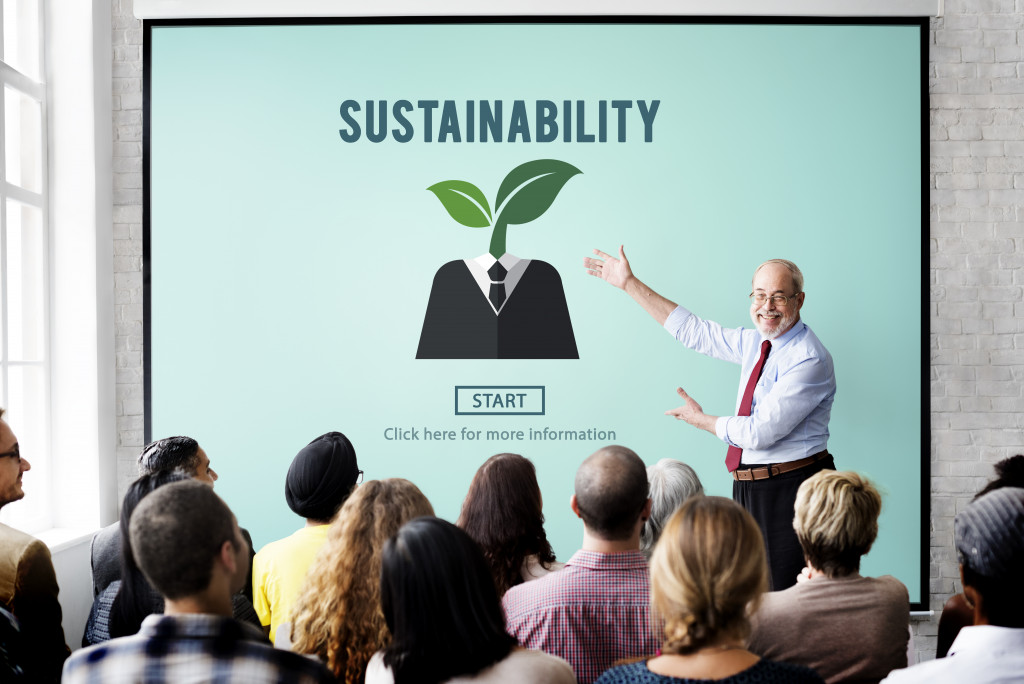We are now entering a decade of tremendous uncertainty. The window of opportunity to build a sustainable society, one in which people worldwide can live meaningful lives on a healthy planet, seems to be closing faster than ever. The possibilities and technical advancements at our disposal promise that many futures are available to us, and an economic revolution has already started. The COVID-19 epidemic shook supply networks, business structures, and millions of people’s lives. This shock strengthened the belief that a long-term strategy based on environmental, social, and governance principles is becoming more importantl for a sustainable future.
Business leaders, politicians, and investors are paying attention to both the dangers and, increasingly, the possibilities associated with a business’s social and environmental effects. Firms are making significant steps to transform their operations into more sustainable goods and services. Today, we highlight important themes that will fuel long-term company success in 2021 and beyond.
Emerging Circular Economy
The circular economy is a lovely concept pioneered by Ellen MacArthur. How can we create economic systems that minimize waste, regenerate, and maximize the use of all assets, including material and energy? The tendency is powerful, although it is still in its early stages. We are discovering and witnessing practical instances of how to use the concept of circularity across sectors.
“Put it in the mail, not the landfill,” urges Patagonia, a clothing brand based in the United States. Please do not discard our clothing; instead, repair it, reuse it, and donate it to others or discover new uses for it. That is the definition of circularity.
Sustainability in the Oil and Gas Industry

Oil and gas businesses have long considered sustainability to be a critical factor in their operations. Existing sustainability plans are built on ensuring that employees adhere to health, safety, and environmental laws and make more significant contributions to the communities in which they work.
At this point, the increasing momentum for a low-carbon future is generating new needs for long-term sustainability plans. Government climate regulations are evolving, as are direct public and shareholder activism, and big institutions’ investment plans are shifting, all of which are increasing the pressure on oil and gas firms to cut emissions. Due to better technology and economics, low-carbon energy sources are becoming more competitive with oil and gas sources, posing both challenges and possibilities for oil and gas producers.
As long as fossil fuels are part of the global energy mix, businesses will need to develop proactive and straightforward sustainability initiatives. These initiatives continue to maintain their operating license in their core business while also identifying and seizing new business opportunities emerging from the decarbonization economy. Most companies in the industry will be particularly cornered, but responsible oil extraction companies will rise to the challenge.
A Rise in Green Investments
Every aspect of life is becoming more environmentally friendly, from recycling and electricity production to organic foods and sustainable fisheries. Everyone, it seems, from climate change experts to company owners to customers to politicians, is interested in reducing the load that humanity puts on the planet’s natural resources. Green energy is a popular subject in a society that is worried about global warming. Power production that does not depend on burning fossil fuels to produce energy for our homes or businesses generates an increasing number of investment possibilities. Water, wind, and solar energy are some of the most abundant renewable energy sources on the planet.
People are putting their money into water stocks, for example. Water is one of the essential natural resources that we have at our disposal. There is widespread concern that the world might run out of fresh water due to climate change. An investment strategy that focuses on water could include businesses that collect, filter, and distribute liquid resources. If selecting individual companies proves to be too time-consuming, mutual funds provide an alternative method of investing.
Businesses owned by individuals can change more quickly than publicly traded corporations. In addition, we are seeing the most significant movement of wealth (as well as the transfer of ownership of companies) in the history of the human race. When it comes to their companies, investing activities, and entrepreneurial endeavors, the next generation seems to be driven by a strong inner desire to make a positive impact. Although sustainability has been discussed in the business sector for decades, there hasn’t been a significant shift in the overall culture of the industry. Widespread adoption of a sustainable mentality is required to make an impact.


